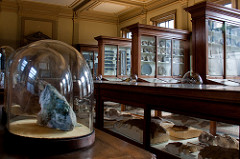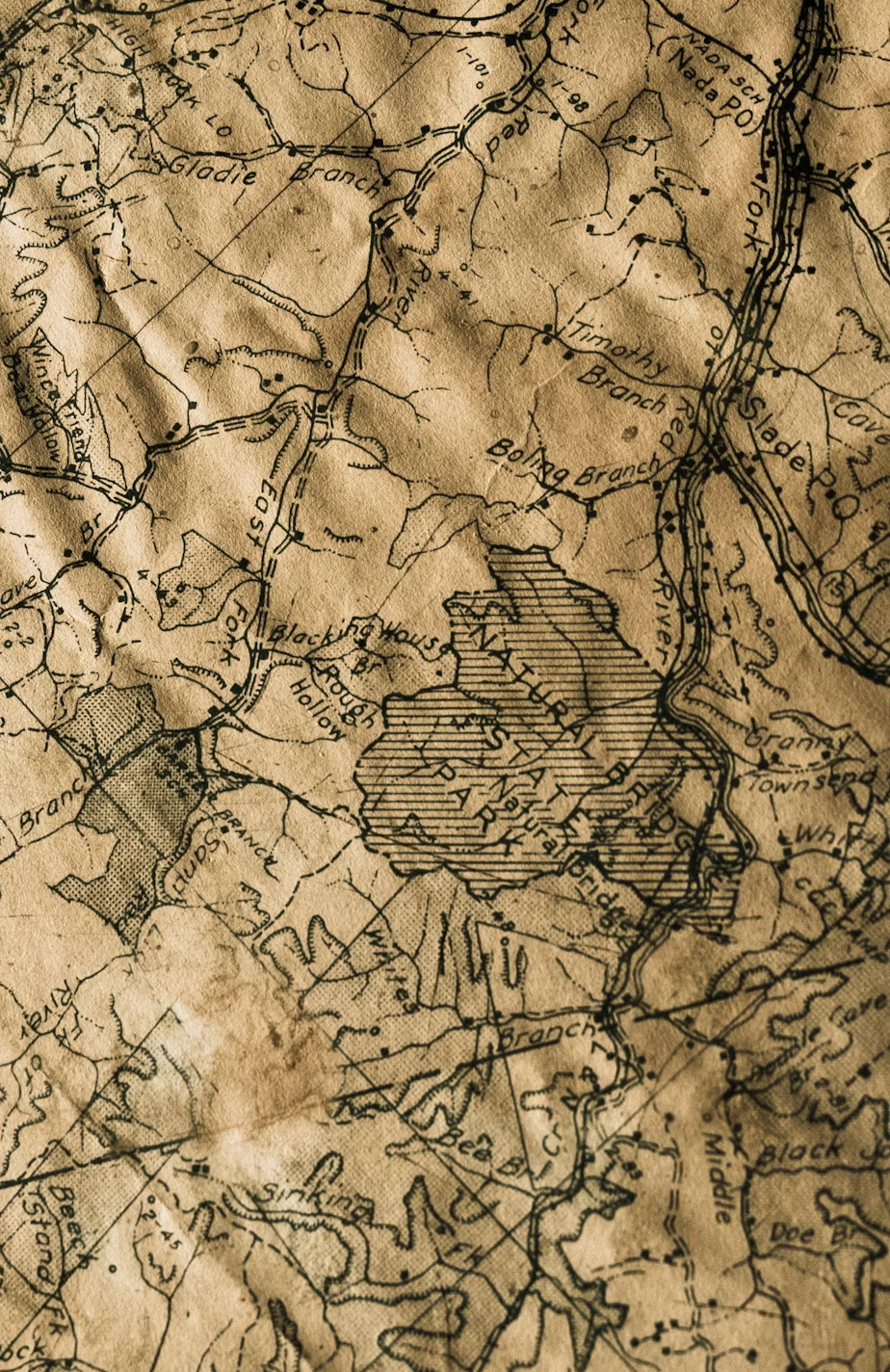By DAVID GAVIN
About twelve years ago I went into a museum in southern Turkey:
Antalya, a resort town on the Mediterranean. I’m not really
the type of person who hangs around museums looking
at artifacts behind glass: swords and scabbards, shields,
frayed bits of clothing, shards of pottery, urns, jewelry,
etc. But here I was in Turkey surrounded by antiquities.
Even the pansyion I was staying at had slabs of masonry
inscribed with Roman numerals embedded in its walls.
I mean, everywhere I went there were ruins, temples
and ancient cities: Ephesus, Olympos, Kas, places visited
by Alexander the Great, Julius Caesar, Antony and Cleopatra,
people like that. Places that were pretty old, ancient,
even when they had stopped by. So, I figured I’d check
out the museum. There was a nude marble statue there
of Aphrodite, two, three thousand years old. I stood
for a while and stared at it—at her. She looked so beautiful:
shapely, shy, sensuous, all woman. If I’d closed my eyes
I could almost have imagined her alive and breathing.
Terri, I wish I had a picture I could show you.
You see, you look just like her. Sunday morning
when you climbed out of bed and walked across
the room, I lay there and said to myself,
“There she is: Aphrodite of the Plains.”
David Gavin’s poem “Aphrodite” appears in Issue 6 of The Common.
[Purchase your copy of Issue 06 here]




